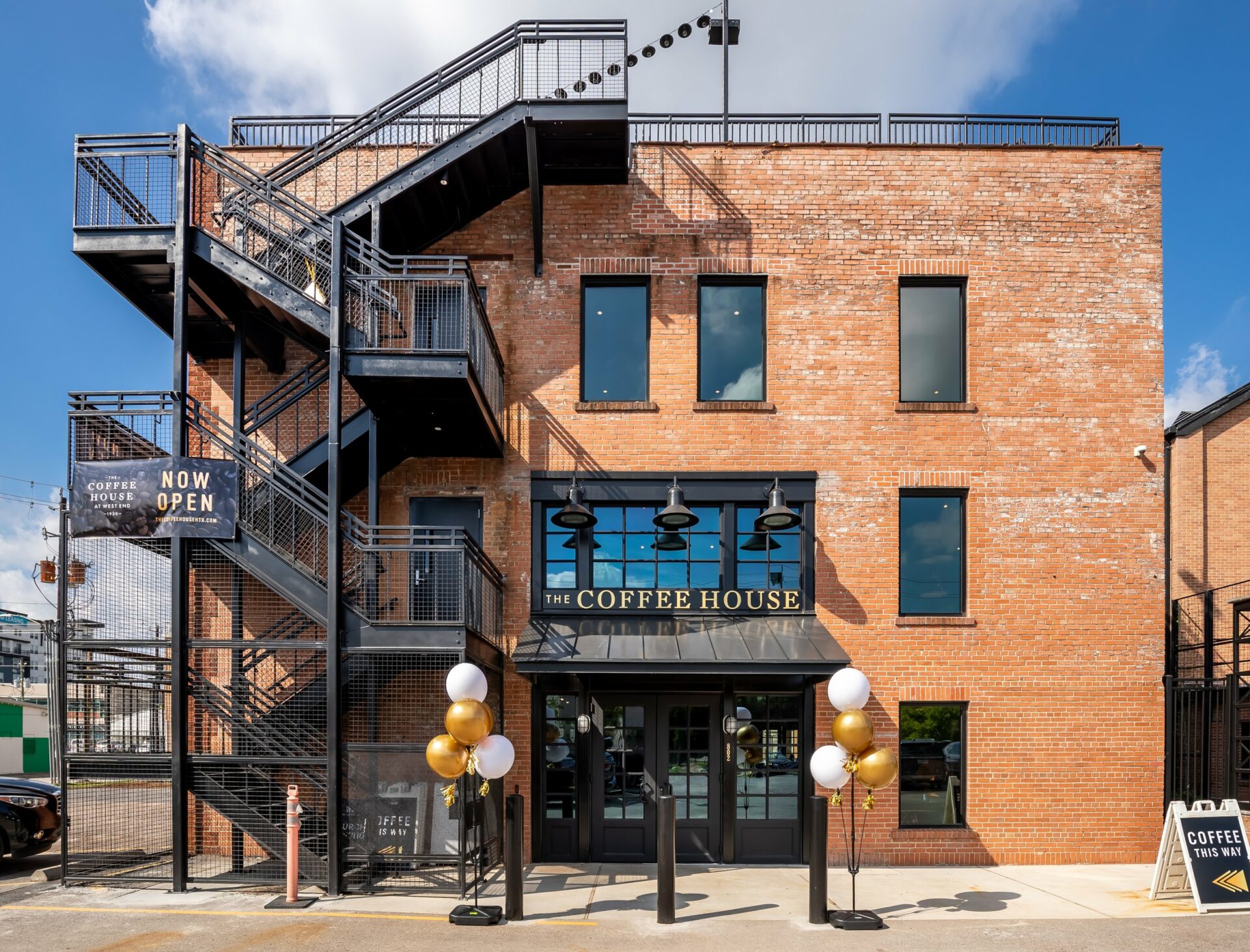The thriving maritime trade changed public taste, as it brought a variety of new produce into the British and Continental markets. Dramatic examples are the rise of the coffeehouse and the drinking of tea at home.
In the seventeenth and early eighteenth centuries the coffeehouse was referred to as the “penny university,” for the price of entry, which was a penny (and two pennies extra for the coffee itself), admitted one to a room where the daily newspaper could be found and where animated political discussion was taking place. The Turks had called coffeehouses “schools of the wise,” and the tendency for them to become centers for subversion led the Russians to attempt to suppress them.
In 1675 England’s Charles II tried to close coffeehouses, acting upon the pretext that coffee was injurious to health, as a pamphlet, The Women’s Petition against Coffee, representing to public consideration the grand inconveniences accruing to their sex from the excessive use of the drying and enfeebling liquor, had argued. In truth, as his proclamation showed, Charles was more concerned that “in such Houses … divers False, Malitious and Scandalous Reports are devised and spread abroad, to the Defamation of his Majestie’s Government, and to the Disturbance of the Peace and Quiet of the Realm.”
Eleven days later the king withdrew the edict of prohibition on the grounds of “royal compassion.” Until the end of the reigns of the early Georges, the coffeehouse, at least in London, remained a male social center; in Queen Anne’s time there were five hundred such houses.
In Ned Ward’s Wealthy Shopkeeper, published in 1706, a typical day of a well-to-do Londoner was laid out:
Rise at 5; counting-house till 8; then breakfast on toast and Cheshire cheese; in his shop for two hours then a neighbouring coffee house for news; shop again, till dinner at home (over the shop) at 12 on a “thundering joint”; 1 o’clock on Change; 3, Lloyd’s Coffee House for business; shop again for an hour; then another coffee house (not Lloyd’s) for recreation, followed by “sack shop” to drink with acquaintances, till home for a “light supper” and so to bed, “before Bow Bell rings nine.”

